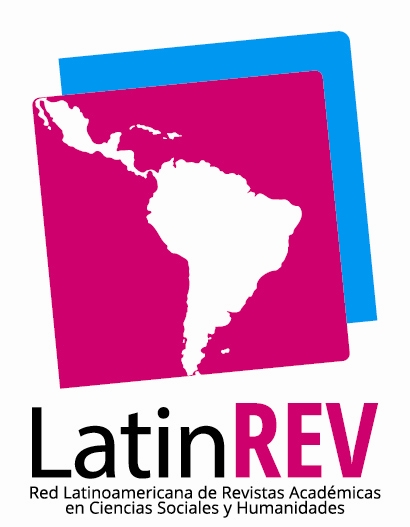The paradox of school performance’s evaluation, towards Educational Quality
Keywords:
assessment, quality, accreditation, process, productAbstract
For the past three decades, the term “educational quality” has been established linked to the results of learning evaluation of high school students. In this work we will analyze the material conditions that established the evaluations of educational quality in the educational agenda. To achieve this, we will consider the relation State-Market-Education. This relation constitutes the basis for the market society and its correlationis established, education market with the consequent application of educational concepts and own actions of work organization. These actions affected teachers’ work, curricular contents and the pedagogical function of evaluation. National evaluations in Argentina, although in purpose, they tried the quality and improving education, the real intention was to obtain primary data that would allow for the emission of judgment regarding schools efficacy and efficiency, through external evaluation and standardized tests. According to the design, we could locate into an efficiency-rational-scientific framework, these evaluations respond to what we define as accretive function. This assumes that the evaluation values the results of learning (the product), to the detriment of its pedagogical function, whose objective is to assess the teaching-learning processes.
Downloads
References
Domínguez Fernández, G. (2000). Evaluación y Educación: modelos y propuestas. Buenos Aires: Fundec.
Egido Gálvez, I. (2005). Reflexiones en torno a la evaluación de la calidad educativa. Tendencias Pedagógicas 10. España: Universidad Autónoma de Madrid. Recuperado de: https://dialnet.unirioja.es/descarga/articulo/1407961.pdf
Gómez, R. J. (2003). “Neoliberalismo globalizado. Refutación y debacle”. Buenos Aires: Ediciones Macchi.
Mc Cormick, R. y James, M. (1996). “La evaluación del curriculum en los centros escolares”. Madrid: Ediciones Morata.
Perassi, Z. (2008). La evaluación en educación: run campo de controversias. San Luis: Laboratorio de alternativas educativas. Recuperado de: https://www.yumpu.com/es/document/read/14216654/la-evaluacion-en-educacion-un-campo-de-controversias
Quiroga Tello, R.; Ruíz, A. M. y Medina, E. (2012). ¿Evaluar para controlar? ¿Evaluar para comprender? Institución de Procedencia: Universidad Nacional de San Juan, Facultad de Filosofa, Humanidades y Artes. En XXIII Encuentro Estado de la Evaluación Educativa. Facultad de Educación. UCC.
Serrano González, J. y Pons Parra, R. (2012) “Hacia una evaluación constructivista de los aprendizajes escolares”, en REVALUE: Revista de evaluación educativa, 1(1).
Downloads
Published
Issue
Section
ARK
License
Copyright (c) 2014 Alicia Beatriz Leyba, Ana María Herrera

This work is licensed under a Creative Commons Attribution 4.0 International License.






